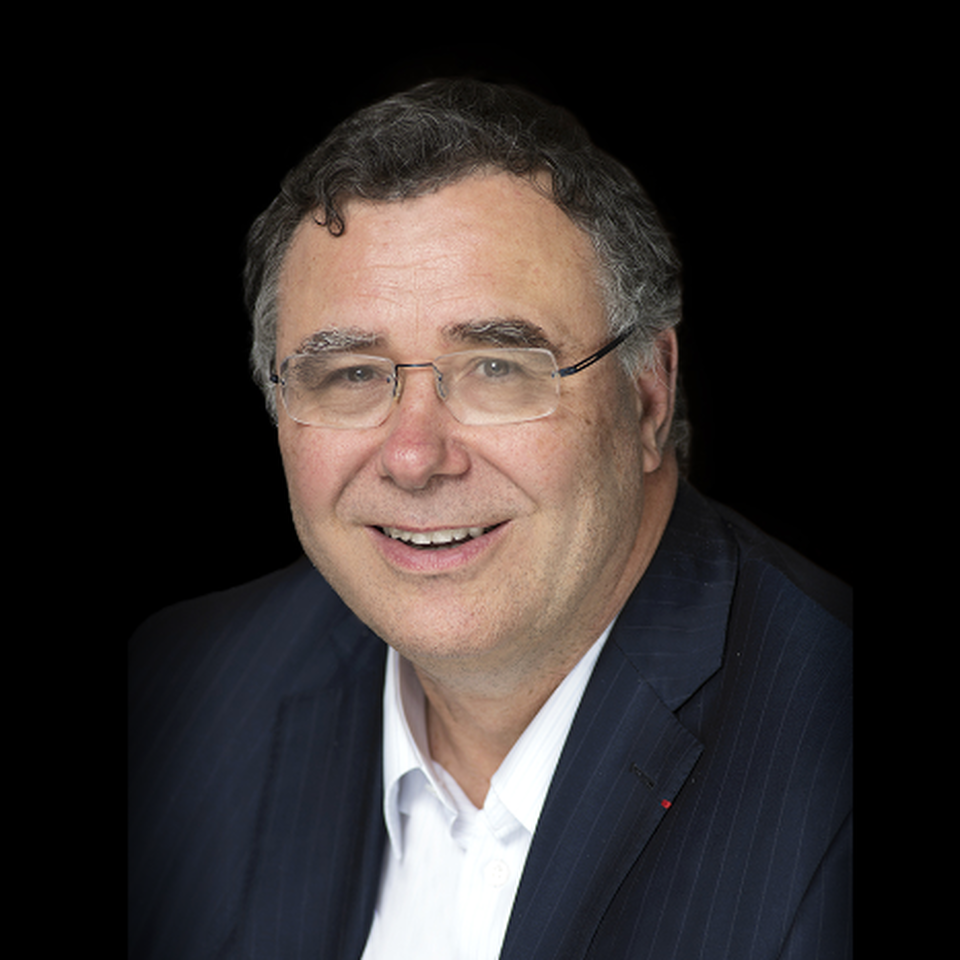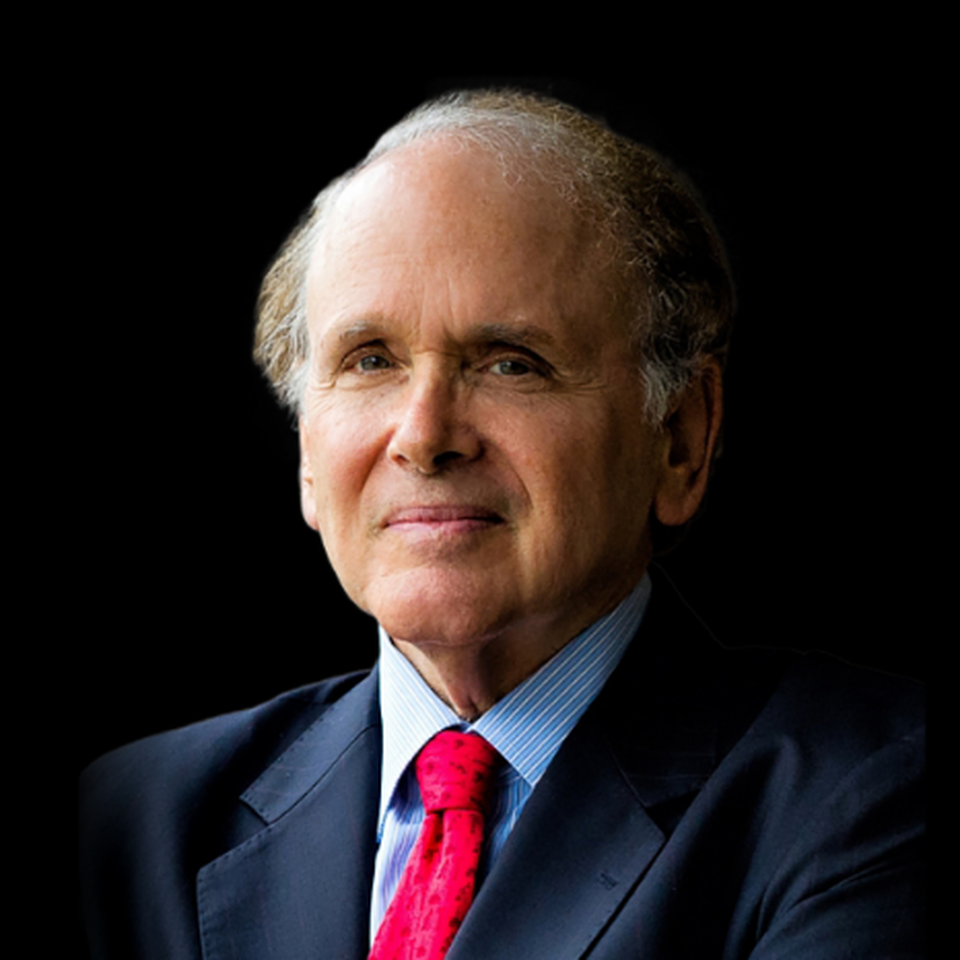From oil to a broad energy company
Moderator
Do you believe that the message about more affordable energy and reliable energy is getting lost in the desire to have greener energy sources?
Mr. Pouyanné responded by saying “it depends where you are in the world.” In emerging countries, in Southeast Asia, Africa, and South America, he said clean energy is wanted, but the definitions of affordability and reliability are different than in Europe or North America.
How are customer relationships with producers going to change?
While the traditional strategy for most producers had been simply to find oil and gas resources and bring them to market, Mr. Pouyanné said the energy transition demands a better understanding of customer needs. This is especially true where emissions are concerned, and with customers who will want to produce some energy themselves. These fundamental changes in the relationship model have led Total to transform its strategy and become more of a multi-energy company.
Do politicians and the public sector lack a sense of realism about what a successful transition is?
“If we want to go to carbon neutrality together with society,” said Mr. Pouyanné, “the public sector, government, authorities, are very important because they will set the policies.” But, at the same time, he said that the transition will be a journey that requires adapting over time, that it’s not black and white. So, “what I’m expecting from them is not only to set the policies, but also then to take the responsibility and to explain to the citizens and the consumers that this journey will have a cost for everybody.”
Baker Hughes calls itself an energy technology company. How does that relate to what we need to progress on methane, CCUS, etc.?
Mr. Pouyanné said the approach makes a lot of sense, and that Total is also prioritizing a strategy to direct more competencies toward new technologies. The company has reorganized R&D and centralized engineering resources into a single organization called One Tech where the perspective is to create multi-energy solutions—taking technologies and competencies into new areas.
Do people making these large capital investments in this industry now need to accept that profitability is going to be lower going forward?
“With new energies, we require huge capital,” said Mr. Pouyanné, “and we need to invest in order to be able to deliver future cash flows by 2030 and beyond.” When moving into new energies, or new countries, he said it should be no surprise that it will take time to deliver cash. He said there’s a dual role of maintaining a profitable core business while at the same time investing in new areas—it’s about fine-tuning the balance. “All investors I think, understand that.”
Do you think there is a schism between the different sides of the Atlantic over the way forward?
“No, I don’t think so,” he said, going on to explain that Total’s recent decision to leave the American Petroleum Institute was about consistency between the membership values and the company’s own strategy and climate ambitions.
With movement into digitization and renewables, will there be a new demographic of employees in industry?
Mr. Pouyanné said that is both right and wrong. While Total has plenty of young engineers, as things change, the company can also easily valorize all the competencies of older engineers in new areas. “Maybe we need less geologists tomorrow,” he said, and he acknowledged that some people will of course leave the company. But there are many competences that can be transferred from one area to others. Knowledge from oil and gas can serve electricity, geophysics knowledge can be used in the offshore wind business, and so on. He believes personnel can easily be reorganized throughout the transition. In fact, Total is offering engineers the opportunity to expand their competencies into new fields—and the response has been very enthusiastic.






